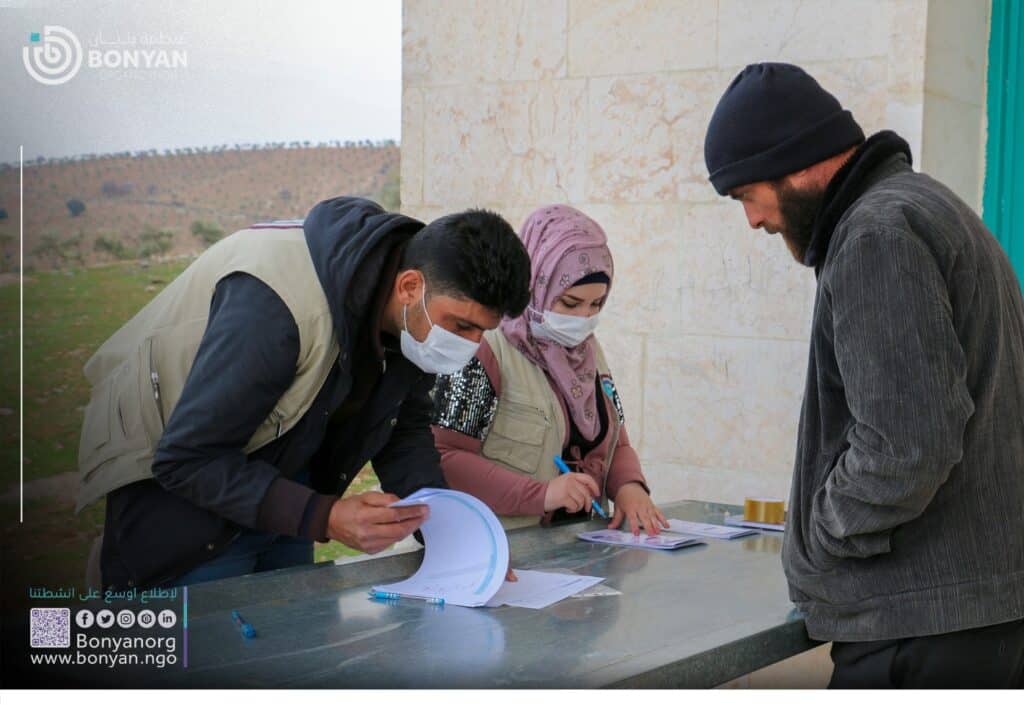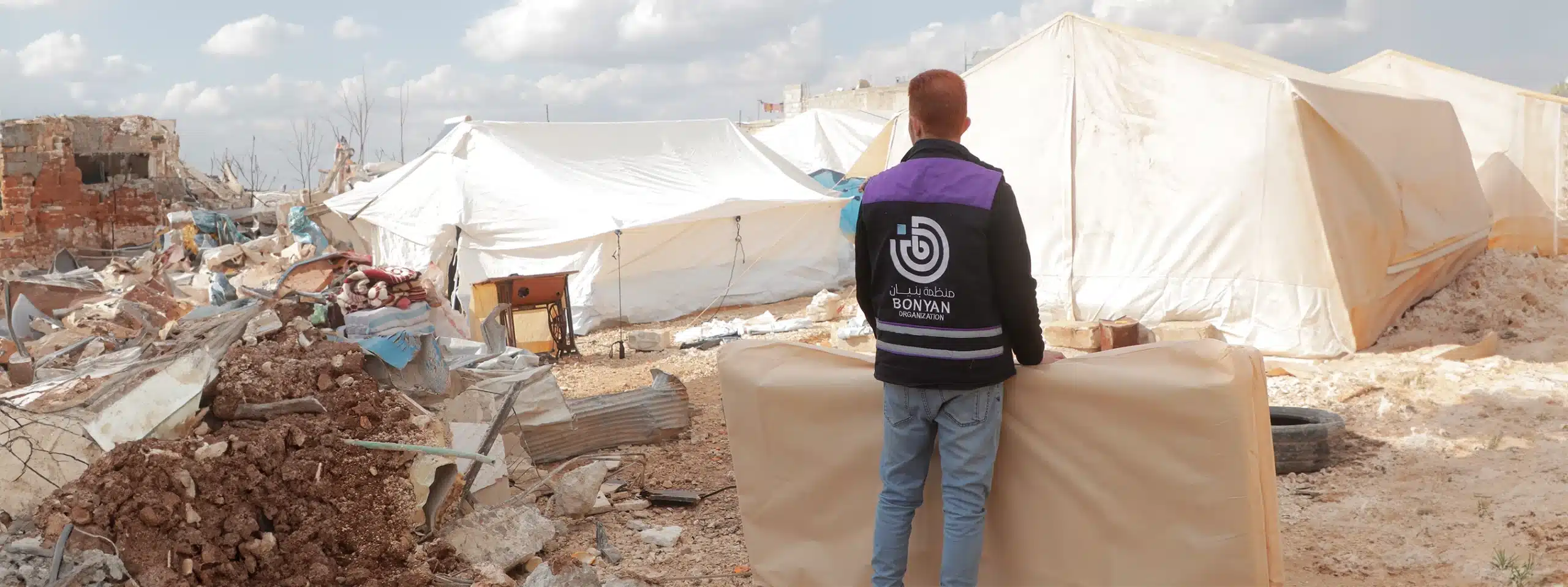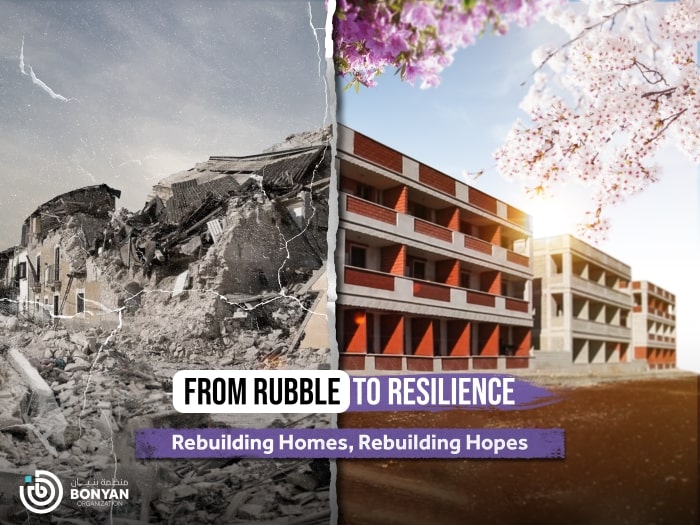Ramadan is a Blessed month in the Islamic religion. Muslims worldwide come together to perform a variety of good deeds and practice all types of worship to please Allah Almighty.
During Ramadan, the rewards of all acts of good and worship practices – including good manners – are multiplied by Allah, The Most Generous SWT.
Therefore, Muslims in this blessed month plan to do everything there is to grant the satisfaction and pleasure of Allah Almighty.
The act of giving during this holy month aligns with the core values of Ramadan, such as generosity, empathy, and community support.
Sadaqah can take various forms, including monetary donations, providing food, helping those in need, and contributing to charitable causes. The rewards for Sadaqah are believed to be multiplied during Ramadan, particularly on Laylatul Qadr, the Night of Power.
By engaging in acts of kindness and charity during this sacred time, individuals strengthen their connection with Allah, purify their intentions, and contribute to the well-being of the less fortunate.
Donate to Community Iftar
Donating to a Community Iftar holds profound significance in Islam, with guidance from the Prophet Muhammad (SAW) underscoring the immense rewards associated with breaking the fast of a fellow Muslim. This noble practice is rooted in the teachings of compassion, generosity, and community support.
The Prophet (SAW), in his wisdom, advised and encouraged His Companions (RA) to engage in the virtuous act of providing iftar, the meal to break the fast, to those who are fasting, even if the offering consists of nothing more than water and a single date.
This simple yet profound act of kindness emphasizes the value of sharing and the importance of contributing to the well-being of others, especially during the sacred month of Ramadan.
Breaking someone else’s fast holds immense spiritual significance, as it is believed that Allah Almighty bestows multiplied rewards upon the one who facilitates the breaking of another’s fast. This divine multiplication of blessings underscores the interconnectedness of the Muslim community and reinforces the principle of mutual care and support.
The intrinsic value lies not only in the material offerings but also in the intention behind the act. The selflessness exhibited in sharing what one has, regardless of the quantity, aligns with the spirit of Ramadan, where individuals strive to emulate the compassionate teachings of Islam.
Reach Out to Your Friends and Family
Islam has explicit rules regarding family and friends; they are the closest and first unity for any person; thus, it is a priority in Islam to be generous towards your family members and friends.
It is a form of charity – Sadaqah – and it grants you a great reward from Allah.
Our Beloved Prophet said: “He who is desirous that his means of sustenance should be expanded for him or his age may be lengthened, should join the tie of relationship.”. – Sahih Muslim.
Therefore, be kind to them, show them mercy, give them helping hands whenever they need it, and give them your full support and stay united by sharing and exchanging goodness, kindness, and good deeds among you all as unity.
During the month of Ramadan, make sure to enjoy your time with the gatherings of your family and friends, and enjoy practicing prayers and Iftar together because this will please Allah Almighty and grant you great rewards.
Donate food baskets
Donating food baskets during Ramadan carries profound significance within Islamic principles, reflecting values of compassion, generosity, and communal support.
By supplying essential sustenance for fasting individuals during Suhoor and Iftar, these food baskets play a crucial role in supporting well-being throughout the holy month. This practice strengthens community bonds, fostering a sense of solidarity as individuals come together to share resources.
Moreover, the act extends beyond local communities, allowing individuals to directly assist those in need globally, addressing basic food requirements for specific durations. As Ramadan encourages heightened acts of kindness, donating food baskets becomes a meaningful way to alleviate hunger and contribute to the well-being of individuals facing economic challenges.
Volunteer
Volunteering means donating your time to help others, which is a form of Sadaqah. Now, let’s imagine donating your time to volunteer in charitable work during Ramadan! Can you imagine the great rewards you will receive from Allah SWT?
In Ramadan, many charities find themselves overloaded with the charity work they do; therefore, giving a helping hand to a local masjid or Islamic center, or a charity can be a great help to keep the workflow and save time – which becomes more precious during Ramadan – and keep up with the distribution plan of all donations, significantly, food drives and meal distributions, which are highly crucial during Ramadan to help families receive proper meals for sahur and iftar.

Donate to Build Mosques
Donating to build mosques during Ramadan is highly encouraged in Islam due to the numerous spiritual and community benefits associated with this noble act.
According to Islamic teachings, contributing to the construction of a mosque holds significant rewards, both in this life and the Hereafter. The Prophet Muhammad (PBUH) emphasized the importance of building mosques, stating that whoever builds a mosque for the sake of Allah will have a house built for them in Paradise.
This act is considered a form of Sadaqah Jariyah (continuous charity), offering ongoing rewards as people pray, seek knowledge, and engage in community activities within the mosque.
Moreover, building mosques contributes to the overall spiritual development of the community, fostering unity and providing a sacred space for worship and educational activities.
Donating during Ramadan adds special significance as acts of charity are multiplied during this blessed month, making it an opportune time to earn tremendous rewards while supporting the growth and well-being of the Muslim community.
Donate Books to the Masjid Library
Donating books about Islamic teachings, books of Sunnah, and copies of the Holy Qur’an – whether in the Arabic language or translated documents of other languages – to a Masjid’s library is like helping Muslims to learn more about Islam by providing different resources for people to read from and learn more about the teachings of Islam, and this indeed has a great reward from Allah SWT.
Donate to distribute water and dig wells
Donating to distribute water and dig wells during Ramadan holds profound importance in Islam for various reasons. Beyond addressing a fundamental humanitarian need, providing access to clean and safe water is viewed as a noble act with lasting impacts on communities.
This initiative aligns with the Islamic principle of Sadaqah Jariyah, representing perpetual charity that continues benefiting individuals and communities long after the initial donation. Islam places great emphasis on the virtue of providing water, evident in verses from the Quran and Hadith.
‘The Messenger of Allah (saw) was asked, “Which charity is best?” He replied, “[Providing] water”‘. [Abu Dawud]
By contributing to water-related projects during the sacred month of Ramadan, individuals not only fulfill a moral and humanitarian duty but also engage in activities that garner eternal rewards and align with the heightened spirit of charity characteristic of this auspicious time.
Such donations enable the construction of wells that serve entire communities, fostering self-sufficiency and empowerment.
Donate Blood
One of the good deeds a Muslim can do is donate blood. Yes! It is a form of Sadaqah, as it plays a vital role in saving people’s lives.
Allah Almighty says: “That is why We ordained for the Children of Israel that whoever takes a life—unless as a punishment for murder or mischief in the land—it will be as if they killed all of humanity; and whoever saves a life, it will be as if they saved all of humanity.1 ˹Although˺ Our messengers already came to them with clear proofs, many of them still transgressed afterwards through the land.” — Surah Al-Baqarah – Verse 32.
Donate to Refugee in The Camps
Our Beloved Prophet said: “Ramadan is the month of my Ummah” because only the believers who come hand-in-hand to lift, support, and help one another and take care of those needy and vulnerable Muslims are the true Believers – The Prophet’s Ummah – so let’s donate to the most vulnerable Muslims on borders and in camps, our brothers and sister in Islam; the refugee families, the widows, and orphans, and be the answer to their prayers and bring them the hope of Ramadan and the joy of Eid al-Fitr.
Donate to Support Students and Education
Donating to support students and education during Ramadan is a meaningful and impactful way to contribute to the well-being and development of communities.
By providing financial aid, scholarships, or resources for educational programs, individuals can empower students to pursue their academic goals despite financial constraints. This act of charity aligns with the spirit of Ramadan, emphasizing compassion and generosity.
Education is a transformative force that not only uplifts individuals but also strengthens communities in the long run. Such donations enable educational institutions to enhance facilities, offer scholarships, and ensure that students have access to necessary resources.
Supporting education during Ramadan embodies the values of empathy, equity, and the pursuit of knowledge, fostering positive change and creating a lasting impact on the lives of students.
The Messenger of Allah ﷺ said, “Allah makes the way to Jannah easy for him who treads the path in search of knowledge.”
FAQs
How do I donate to charity during Ramadan?
All good deeds are Sadaqah. So choose whatever you can give your fellow brothers in this Holy Month, and your good deeds shall be rewarded.
How do I Donate to Charity in the Last 10 Days of Ramadan?
The rewards for any donations you give in Ramadan are multiplied by 70. And any righteous act during Laylatul Qadr is equivalent to having performed the same act for over 83 years! That shows the great thawab to donate to charities in the last 10 days.
What is the Best Way to Give Charity in Islam?
All good deeds that any Muslim can do for their fellow Muslim brothers are considered Sadaqah. Giving financial donations, even a tiny amount of money, spreading knowledge, giving sincere advice, giving a helping hand, sharing food, sharing clothes, and even smiling at your Muslim brother is considered Sadaqah.
Resorces






